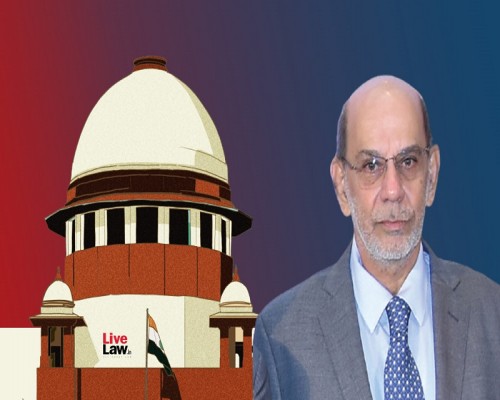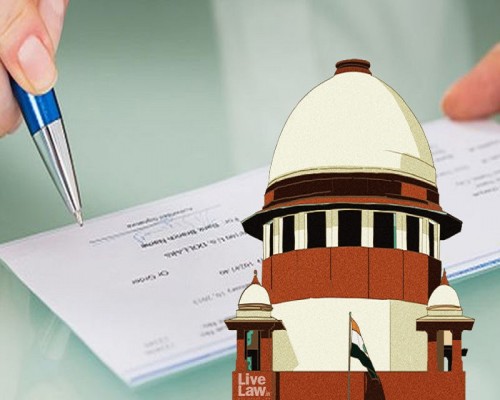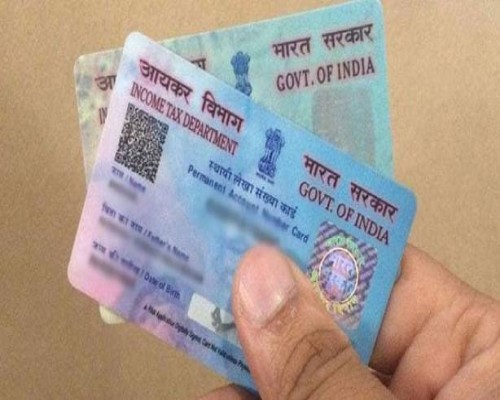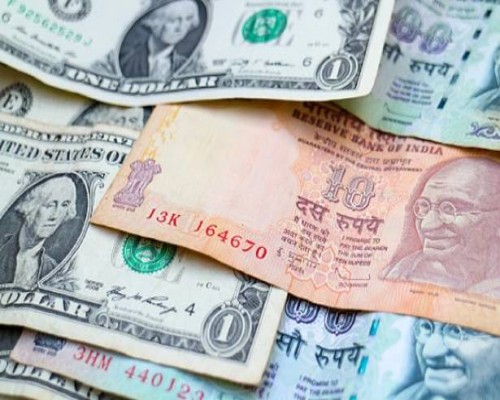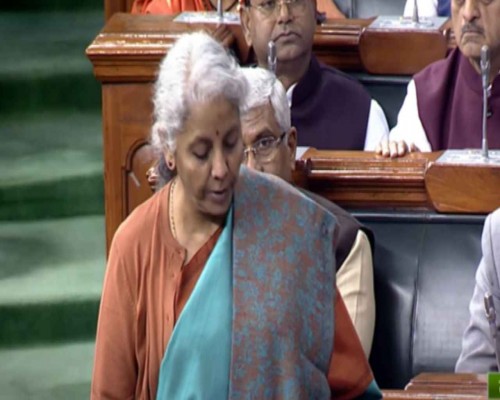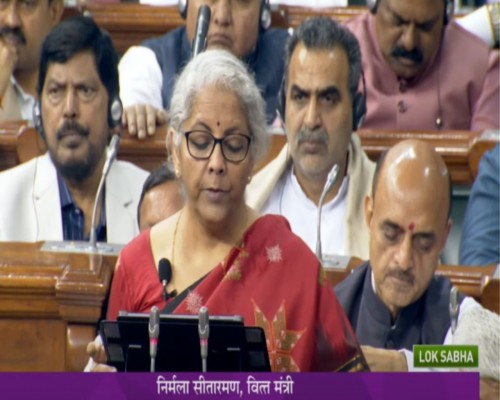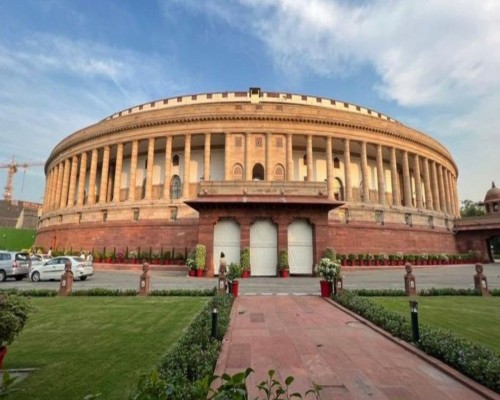Online and Credit Card Transaction Rules May Change to Prevent Money Laundering

To enhance regulation against money laundering and terror financing, the Financial Action Task Force (FATF) is considering changes to the rules governing online and credit card transactions. This move aims to bring greater transparency to digital financial activities, with India supporting these efforts.
According to sources from the Ministry of Finance, the FATF intends for credit card companies to provide easy access to transaction data, which is currently not always available to financial institutions. The changes are expected to address gaps in the system that currently allow for money laundering and illicit financial flows.
In this context, the FATF is pushing for regulations that would require credit card companies to maintain more transparent and accessible records of transactions. This includes purchases of high-value items like jewellery, real estate, cars, and even art. The goal is to ensure that financial activities are adequately monitored, making it harder for illegal transactions to go undetected.
The FATF has 40 member countries, including India, and regularly evaluates members’ compliance with its standards. In recent reviews, it has highlighted the need for member countries to tighten controls around financial transactions, especially those involving credit cards.
India, being part of the global FATF framework, supports the initiative to have access to detailed information on transactions made using credit cards. This change is considered crucial for strengthening the oversight capabilities of financial institutions and aligning with global standards of financial transparency.
If implemented, the proposed changes would likely increase the costs associated with credit card transactions due to the additional reporting requirements. However, these measures are seen as necessary to combat the growing threats of money laundering and terrorist financing.
The FATF has also issued warnings to countries failing to meet these standards, including placing restrictions on financial transactions with non-compliant nations. As part of its ongoing efforts, FATF has urged India and other member countries to take proactive steps in aligning their financial transaction monitoring systems with these new global standards.









